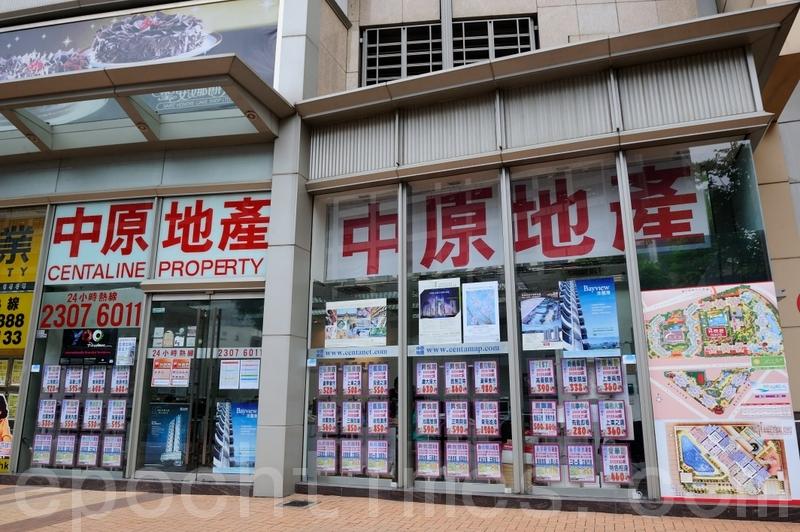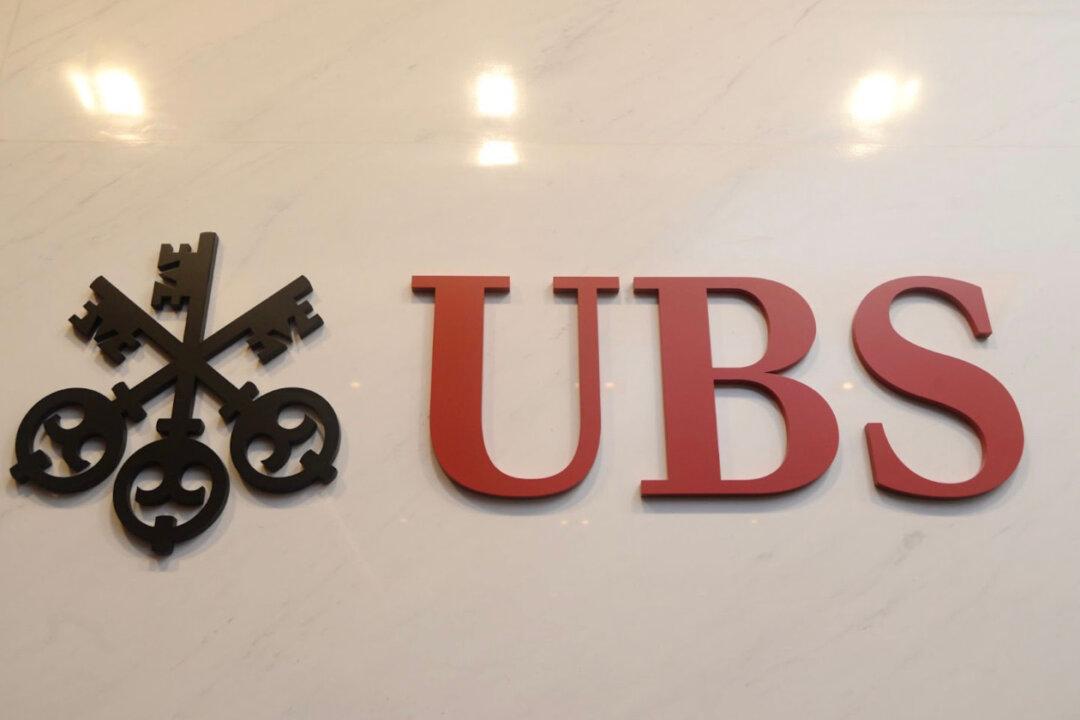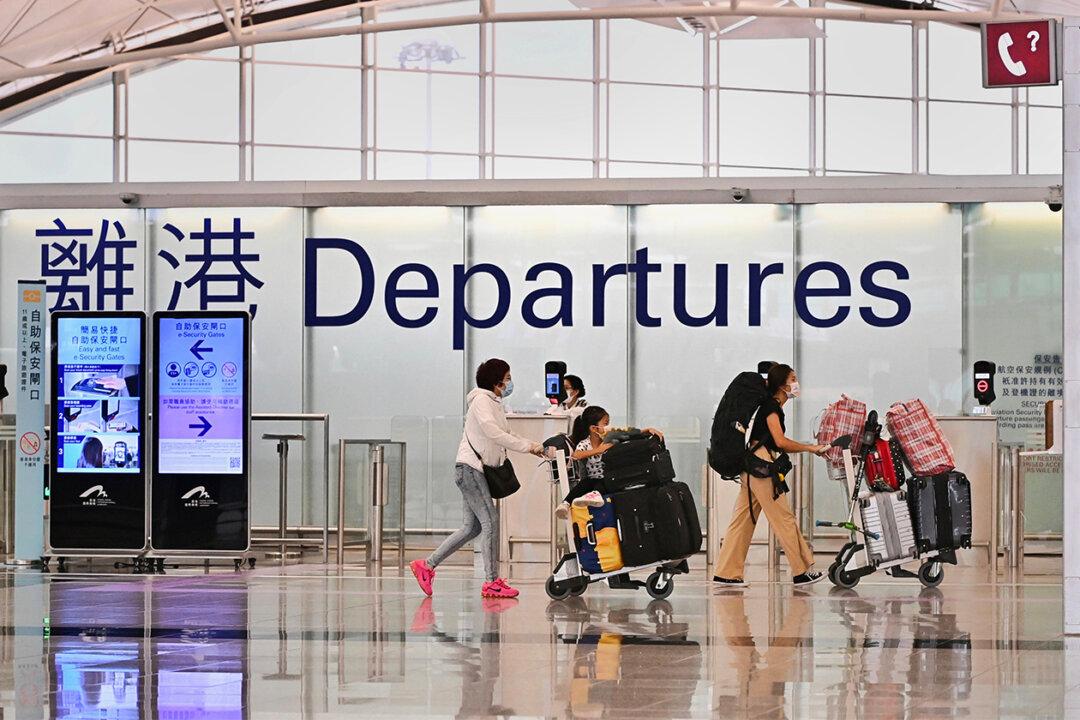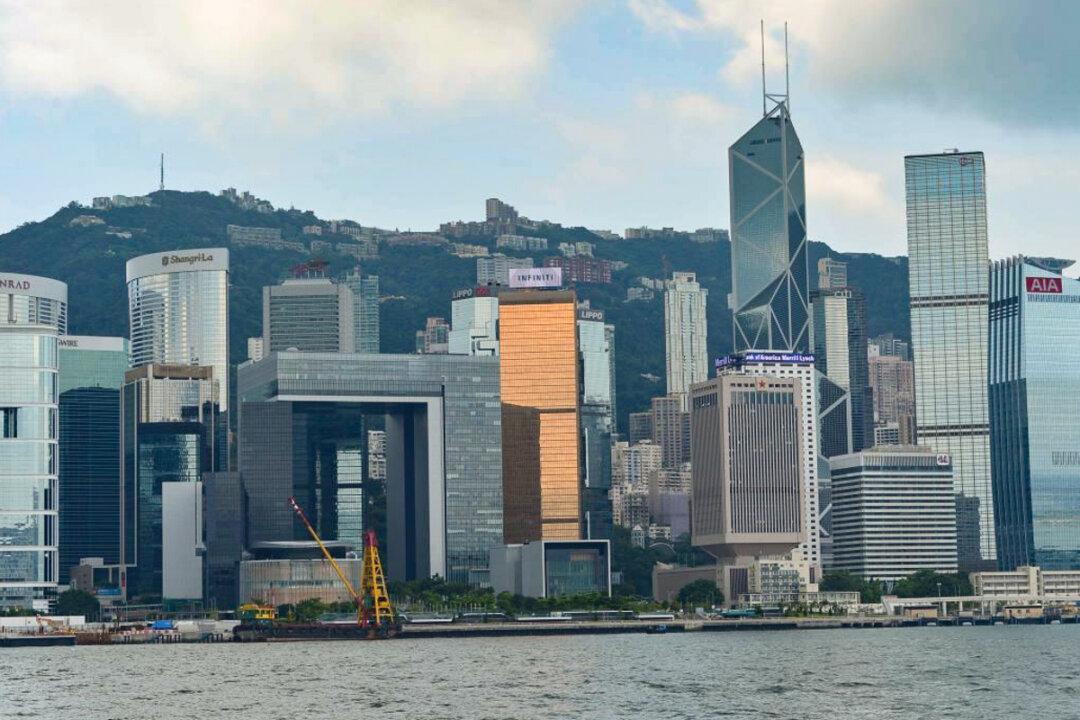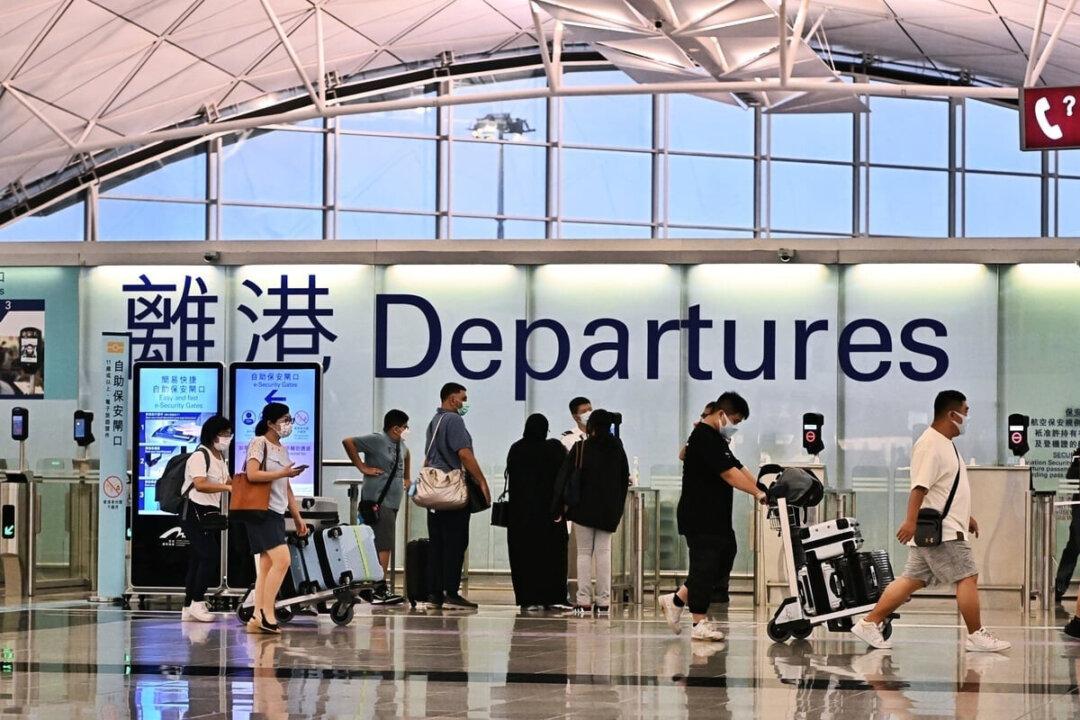The latest economic data shows Hong Kong’s economy is in trouble. Some analysts pointed out that as leading real estate agencies are starting to “slim down,” the economic outlook is not optimistic. Other analysts believe the Chinese Communist Party (CCP) will speed up its control of the Hong Kong market.
Major Real Estate Agencies to Slim Down
On Nov. 11, the Hong Kong government announced that the economic contraction in the third quarter expanded to 4.5 percent and again lowered its full-year economic forecast to a contraction of 3.2 percent, which is worse than expected. Financial Secretary Paul Chan Mo-po said the outlook for Hong Kong’s economy is not that optimistic.At the time of the economic downturn, the Hong Kong property market also accelerated its decline in business. Leading real estate agencies in Hong Kong, Centaline Property and Midland Realty are planning to significantly reduce their manpower and the number of high street offices.
